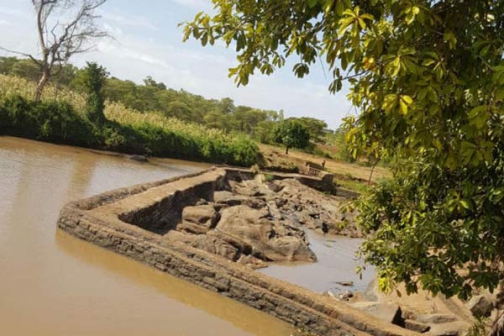×
The Standard e-Paper
Smart Minds Choose Us

On Thursday, hundreds of young and energetic men of Lukogwe area, Embu County, quickly assembled and made a decision. They would not die of thirst, not if they could help it.
Armed with pangas and other crude weapons, they marched uphill, following the course of River Thiba. Their mission – to stop any further diversion of water upstream.